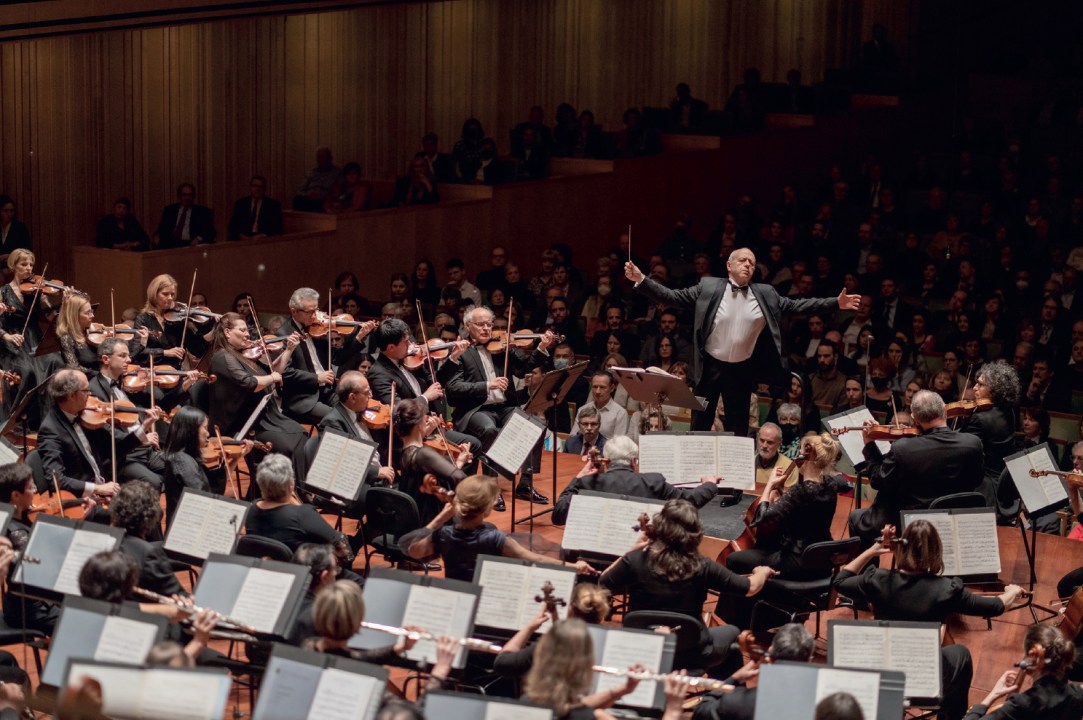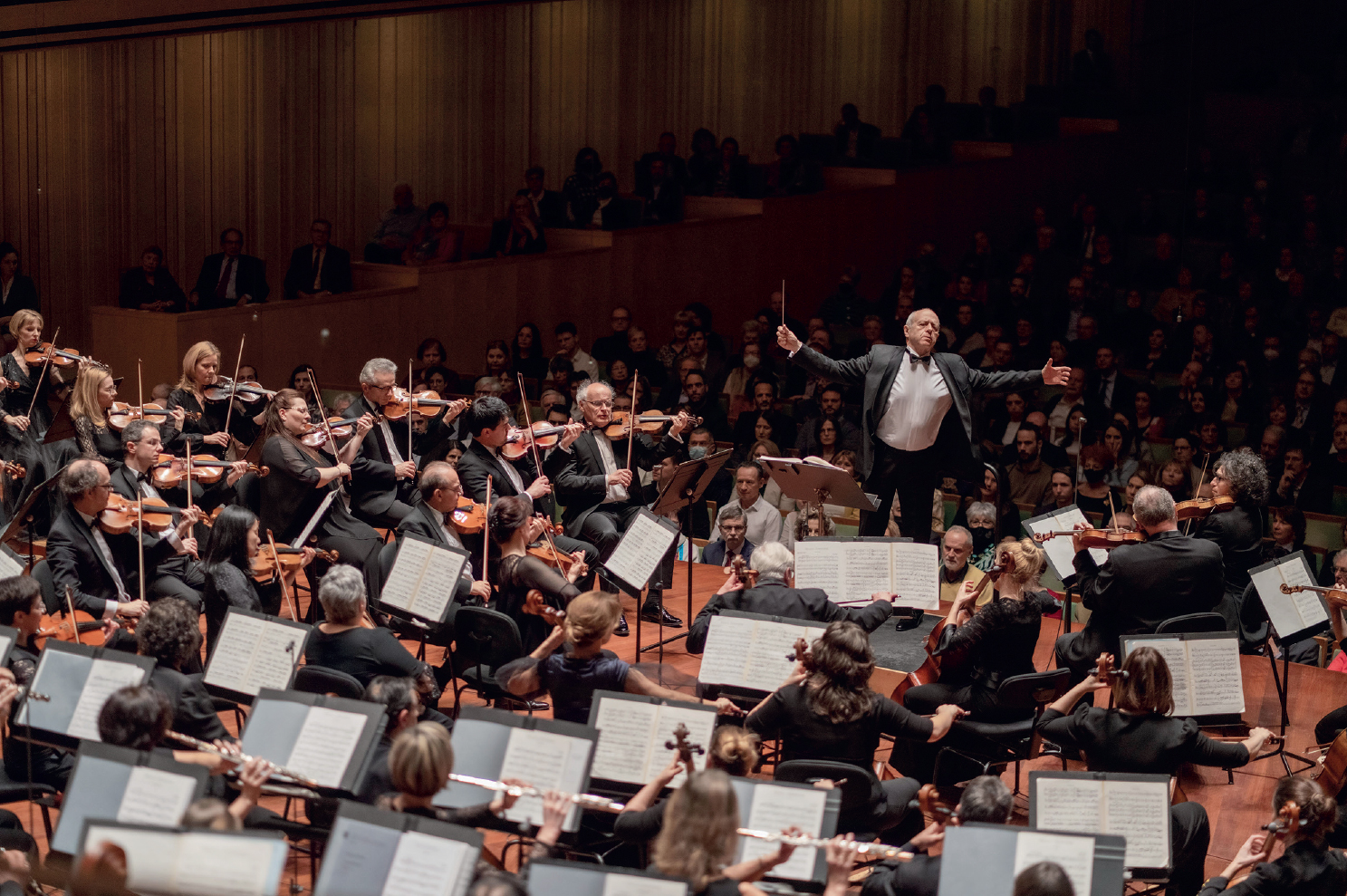In central Budapest a crew from Hungary’s state TV is filming the unveiling of a new street sign. In honour of his centenary year composer Gyorgy Ligeti now has a road named after him. Contemporary classical music is deemed newsworthy in Hungary. Even more astonishingly – and anyone working in British classical music might want to sit down at this point – the ‘Ligeti 100’ concert at the Budapest Music Centre, dedicated to a clutch of bracing new works, was being filmed for transmission prime time on the Hungarian equivalent of BBC1. Here, we’d be lucky if it got a midnight slot on Radio 3.
If much of the West’s cultural output today is marked by an intense sense of embarrassment that it should even exist as art – let alone say anything as art – the Hungarians couldn’t be prouder of their hefty, uncompromising contributions to high culture. This year a small army of them will arrive on these shores to remind us how it’s done.
Much of the West’s cultural output is marked by a sense of embarrassment that it should even exist as art
In four Edinburgh International Festival concerts and three Proms from Ivan Fischer and his always astonishing Budapest Festival Orchestra, in the much-anticipated UK première of Gyorgy Kurtag’s operatic adaptation of Beckett’s Endgame, in a six-date tour from the classy Concerto Budapest under their conductor Andras Keller, in the numerous Ligeti recitals across the country: the high-minded riches of Magyar musical life will be hard to avoid.
If some of their wisdom rubs off, it will not be the first time the Hungarians have come to the rescue of western culture. Think of the experimental engine room of western classicism that was the Esterhazy court under Haydn. Think of Liszt’s dissemination and expansion of romanticism. No Hungarians, no Hollywood.








Comments
Join the debate for just £1 a month
Be part of the conversation with other Spectator readers by getting your first three months for £3.
UNLOCK ACCESS Just £1 a monthAlready a subscriber? Log in